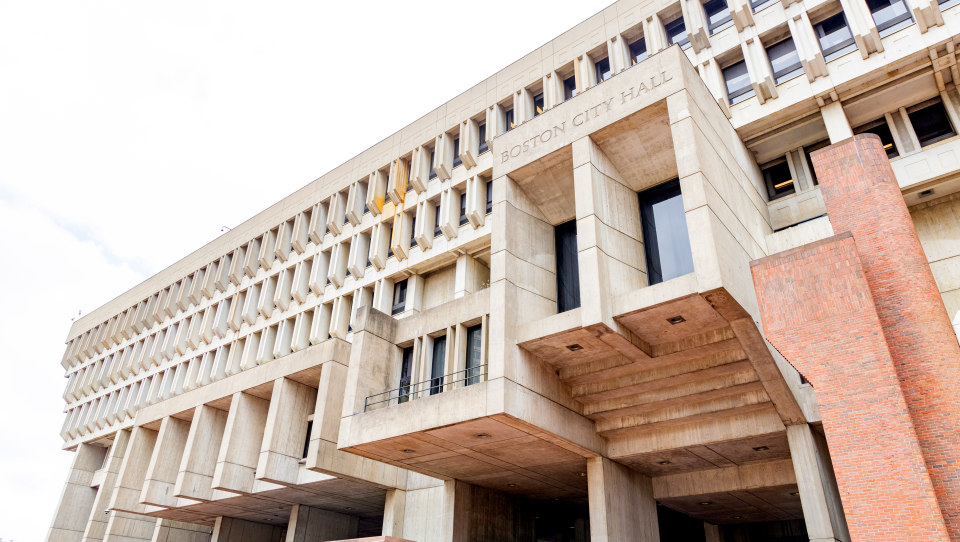Confusion and frustration coursed through the ranks Friday as members of the Boston City Council struggled to understand how a newly revised tax proposal from Mayor Michelle Wu will move through the chamber’s approval process.
Wu revealed the revision plan two days earlier following months of public advocacy and negotiations between her office and Greater Boston’s business community leaders. It is intended to spare Boston homeowners from a sharp spike in property taxes by taxing business properties beyond the current legal limit for a period of three years.
The Boston City Council had already approved an old version of the plan with a higher tax on business properties over a longer period of time, but that got stalled in the legislature. Now, the council is back to being the first hurdle in a multi-step approval process that Wu has said needs to be complete by late November in order to ensure relief to Boston residential taxpayers.
“We are under a time constraint,” City Council President Ruthzee Louijeune said, acknowledging the approval timeline during Friday’s emergency meeting to formally place the revised proposal before the council and into committee.
Council presidents can call emergency meetings at their discretion according to council rules. Friday’s was the council’s first time having a virtual meeting under Louijeune’s leadership and its first time having an emergency meeting under Louijeune.
“I’m trying to get us to act as quickly as possible, not wanting any further undue delay so that we can deal with this matter,” she said.
Louijeune immediately moved to adjourn the meeting after the city clerk read the new tax measure into the record. As the vote occurred, councilors seemed miffed at not being privy to the negotiations that produced it and confused about next steps.
“I had a point of order also,” interjected South Boston councilor Ed Flynn during his turn to vote. Flynn has repeatedly indicated mulling a mayoral bid next year.
“We are in the middle of a roll call vote to adjourn,” responded Louijeune. “I don’t like disrupting the vote. At the end, I’ll take your point of order.”
“I want to know if there’s already a plan to go forward to have a meeting,” said At-Large Councilor Erin Murphy. “Will there be an expectation that we vote on Wednesday. And is there an expectation that this body is going to have a hearing to discuss this new tax proposal? Because it seems like lots of other people in the city have had the, I would say, pleasure [or] opportunity to be really involved in this conversation, but we on the council have not been.”
Once the council unanimously voted to adjourn, more questions came.
“If we’re just going to have the special meeting so we can put it on the docket and then we’re just going to bring it up for a vote on Wednesday, I’d like to know the protocols, policies and procedures because you didn’t state that,” said At-Large Councilor Julia Mejia to Louijeune. “So, it just felt like rushed.”
“This was an emergency meeting, and obviously the first time I’ve ever taken a part of,” said Dorchester Councilor John FitzGerald, one of five councilors elected only a year ago. “What constitutes an emergency and, you know, who decides that?”
“I’d rather ask all these questions now so we can get through with them,” said Flynn. “It seems like we’re rushing it to get to get the meeting over.”
“Thank you, and I appreciate that,” responded Louijeune. “Normally when items are referred to committee…if we’re treating this as a normal meeting, there’s usually not a discussion and I did not see any hands before we [voted to be] adjourned.”
Ultimately, East Boston Councilor Gabriela Coletta Zapata, chair of the council’s government operations committee said there would be a hearing to allow for public testimony.
Louijeune ended the meeting abruptly after a failed attempt to reconsider adjournment.





